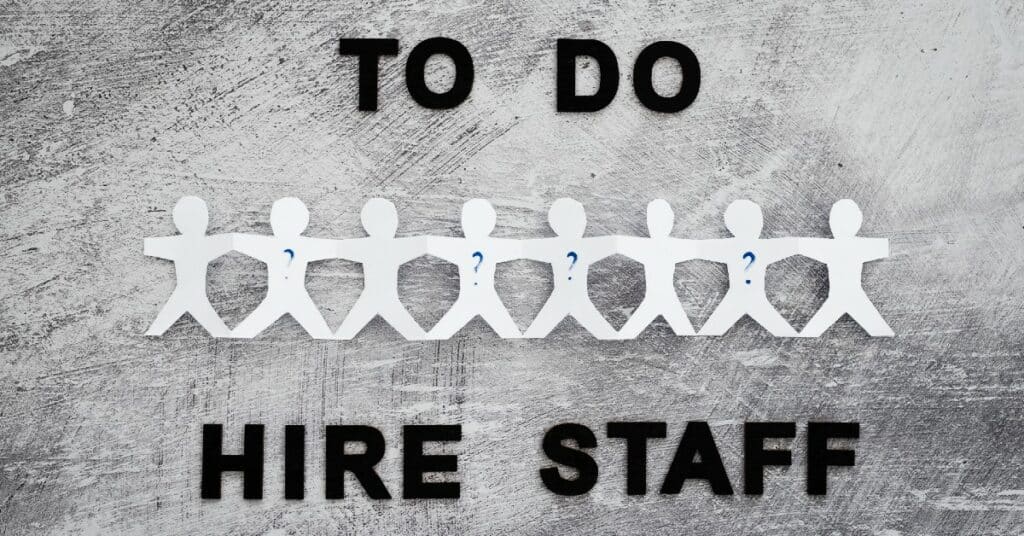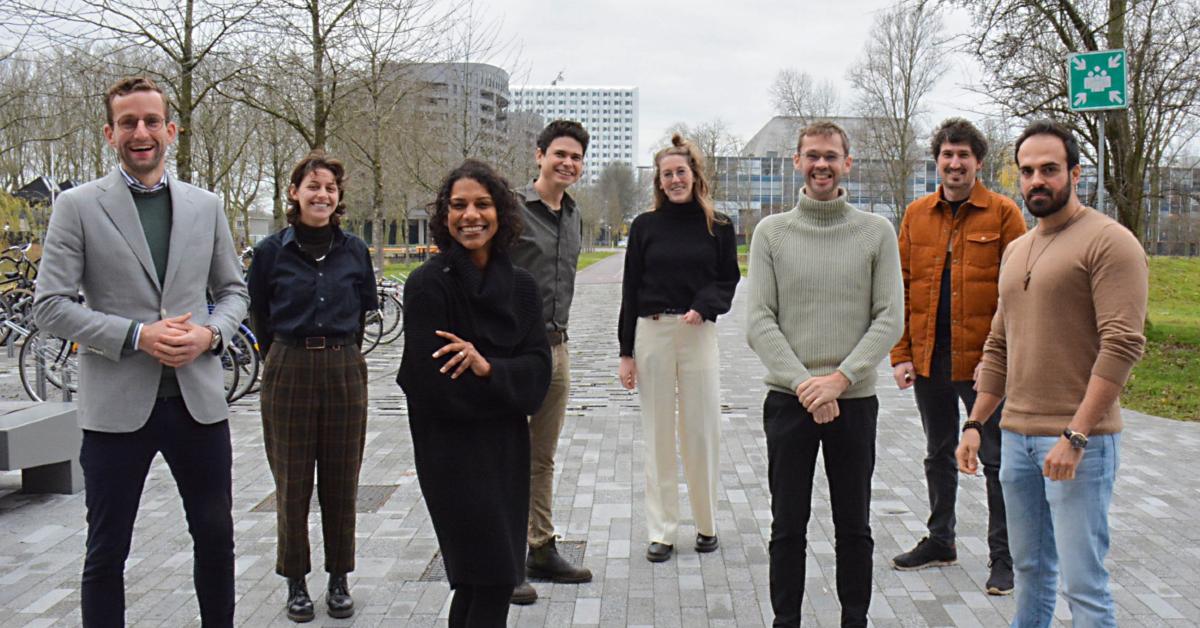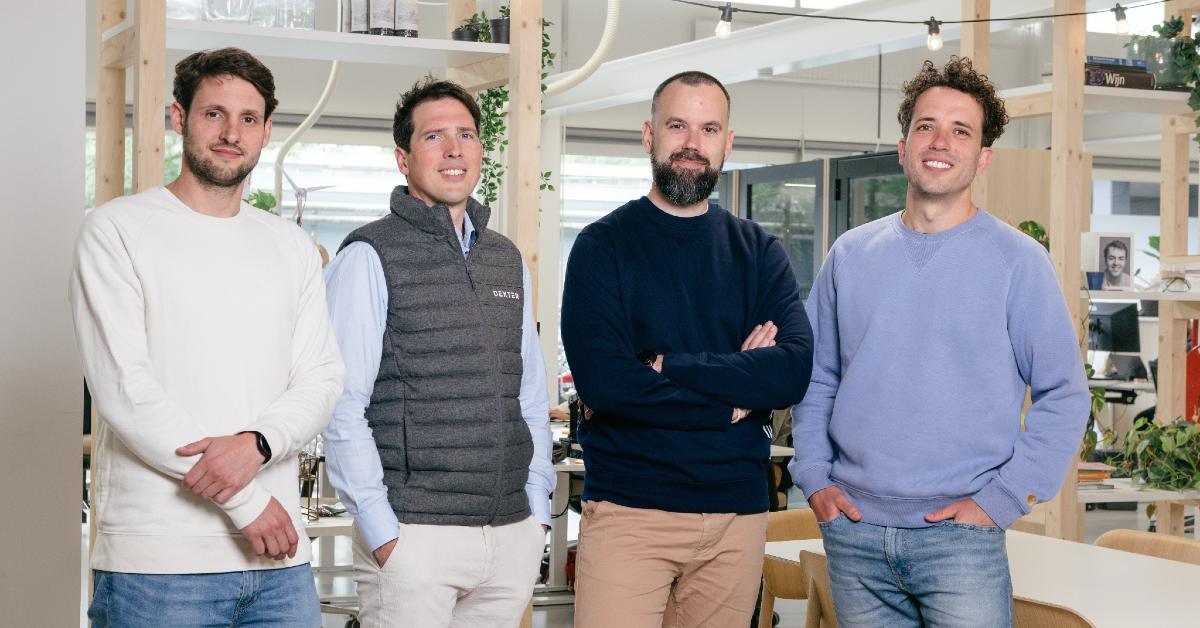The knock-on impact of inflation and rising interest rates have become one of the biggest challenges facing tech companies right now. This situation comes at a time when tech companies are struggling to find the right talent. With the looming threat of worldwide recession, hiring in tech is going to be difficult.
With markets and financial institutions becoming even more cautious, some companies have made the decision to cut costs. One of the ways that tech companies are lowering their costs is by announcing major layoffs.
Facebook parent company Meta recently announced laying off 11,000 employees while Amazon is reportedly preparing to layoff around 10,000 employees. Twitter’s new boss Elon Musk also announced a major layoff demonstrating how brutal tech companies can be at times. While these are the most prominent layoffs, there are also a number of startups making layoffs at various stages.
Headwinds in the form of inflation

To counter inflation, central banks around the world have hiked interest rates, which has disproportionately affected tech companies. The European Central Bank hiked interest rates by 50 basis points last month and EU inflation now stands at 8.9 per cent.
In comparison to 2008, Morgan Stanley predicts the recession to be less harmful to businesses than the previous downturn. The financial services firm cites factors such as high property prices, active labour markets, durable corporate earnings as a result of the trend towards subscription-based revenue streams lowering the impact of recession.
Higher inflation rate and increases in interest rates have never been good for the tech industry. Since July, big tech has been bracing for the economic slump even though central banks and economists are not yet ringing the alarm bells.
Even in the technology sector, not all businesses will be equally impacted. Shares of Meta plunged 24.5 per cent last month after the company announced a 4 per cent year over year decline in its quarterly revenue. The social media giant also issued a weaker-than-expected outlook, which led to the company’s lowest price since 2016. However, the company gained 5 per cent after it announced restructuring and layoffs.
With the technology industry now diversified to include everything from social media platforms like Meta to EV companies like Tesla and hardware makers like Apple and Samsung, they are essentially seen as a barometer of the whole economy. The slump in their performance indirectly acts as a sign of possible inflation.
Shortage of skilled workforce

While tech companies are cutting costs by announcing layoffs, they are also spending higher on IT services. In July, Gartner predicted that global IT spending would increase by 3 per cent to $4.5T. This is also a reflection of the higher cost associated with keeping a qualified workforce.
Since the cost of living is rising due to inflation, businesses are forced to pay higher wages and also invest on upskilling their current workforce. The wages in the technology sector are also increasing as companies try to recruit fresh talent and support business continuity.
According to Statistics Netherlands, there were 382,000 unemployed, equivalent to 3.8 per cent of the labour force, in September 2022. The Employee Insurance Agency (UWV) records included 152,000 current unemployment (WW) benefits at the end of September.
In September, 3.7 million people did not have paid work while 3.3 million people were not looking and/or immediately available for work. However, the number of people not in work has declined almost continuously in recent years.
“Whilst tech has taken a massive hit in the form of layoffs, share price dips, less VC investment and some organisations struggling in the face of cost of living headwinds, the underlying issues in tech remain: there’s not enough qualified candidates to go round,” says Nick Mortimer, Regional Director (Europe) at Troi.
The lack of skilled workforce is also reflected in the number of job vacancies seen across Europe. According to Trading Economics, the number of job vacancies in the Netherlands stood at 475,900 in June 2022, a record high compared to 198,100 vacancies in June 2020.
Germany had 1,910,221 job vacancies in June 2022 compared to 832,388 vacancies in June 2020. Spain also reached a record high of 137,931 job vacancies in June 2022 compared to 74,348 in June 2020. France, on the other hand, reported a decline in job vacancies from 337,700 in July 2022 to 322,500 in August 2022.
Impact on recruitment teams
The shortage of skilled workers in the tech sector, increased layoffs across tech companies, and rising cost of living has also disproportionately affected recruitment teams. The recruitment teams have also been axed more than other areas of the business. The main impact of this scenario on existing teams, according to Mortimer, is that they are smaller and uncertain about hiring plans for 2023 and beyond.
The economic uncertainty has, however, not resulted in any decrease in the cost of hiring. This could be due to the shortage of skilled workers in multiple sectors, including tech. Mortimer told Silicon Canals that there is a lack of trust in the traditional recruitment models, particularly when it comes to employer brand representation and the commoditisation of candidates.
To overcome this challenge, the startup built its service in a way that it bridges the gap in trust between the recruiter-client-candidate triangle. One of the ways it builds this trust is sharing the financial risk with their clients.

According to Troi, Miro, co-headquartered in San Francisco and Amsterdam, has saved €1.15M annually on recruitment costs compared to the agency model. Miro has also hired over 50 people using Troi in the last 12 months with an average saving of €30,000 per leadership hire.
Troi has also helped Epic Games save over $780,000 to date on recruitment costs. By offering a streamlined talent acquisition process across development, art and production in the UK and Europe, Troi has helped Epic Games hire over 30 niche and highly skilled people in the last 12 months alone.
In addition to Epic Games and Miro, Troi has also helped PerchPeek fill mid, senior management, and VP level roles while saving £200,000 in just 9 months. PassFort, a startup acquired by Moody’s in 2021, has registered total savings of £900,000 and recruitment life cycle reduced from five to two weeks.
The work done by Troi with clients like Miro, Epic Games, PerchPeek, and PassFort show the promise of an embedded recruitment model. It shows that this model can work globally regardless of the company size, sector or particular hiring challenges they are currently facing..
Time to rethink recruitment
The current macro-economic trend not only points at business rethinking but also needs to rethink recruitment. Mortimer says their subscription-based recruitment model not only supports hiring the right talent but also delivers significant cost-per-hire savings against a typical recruitment agency placement.
Aside from being cost-effective, Troi also offers flexibility and control that is rare in this industry. The slowdown in big tech is here to stay and companies are expected to hire not only with caution but also those with specialist skills. Troi’s subscription model could emerge as the right way to not only find great talent but do so in a cost-effective manner.
Mortimer adds, “Given the uncertainty that certain sectors within the tech sector face right now, the downsizing of talent functions and the long-term difficulty of hiring qualified tech professionals – embedded talent seems to be well-placed to help organisations on their rebuild.”










01
From telecom veteran to Dutch Startup Visa success: The Jignesh Dave story